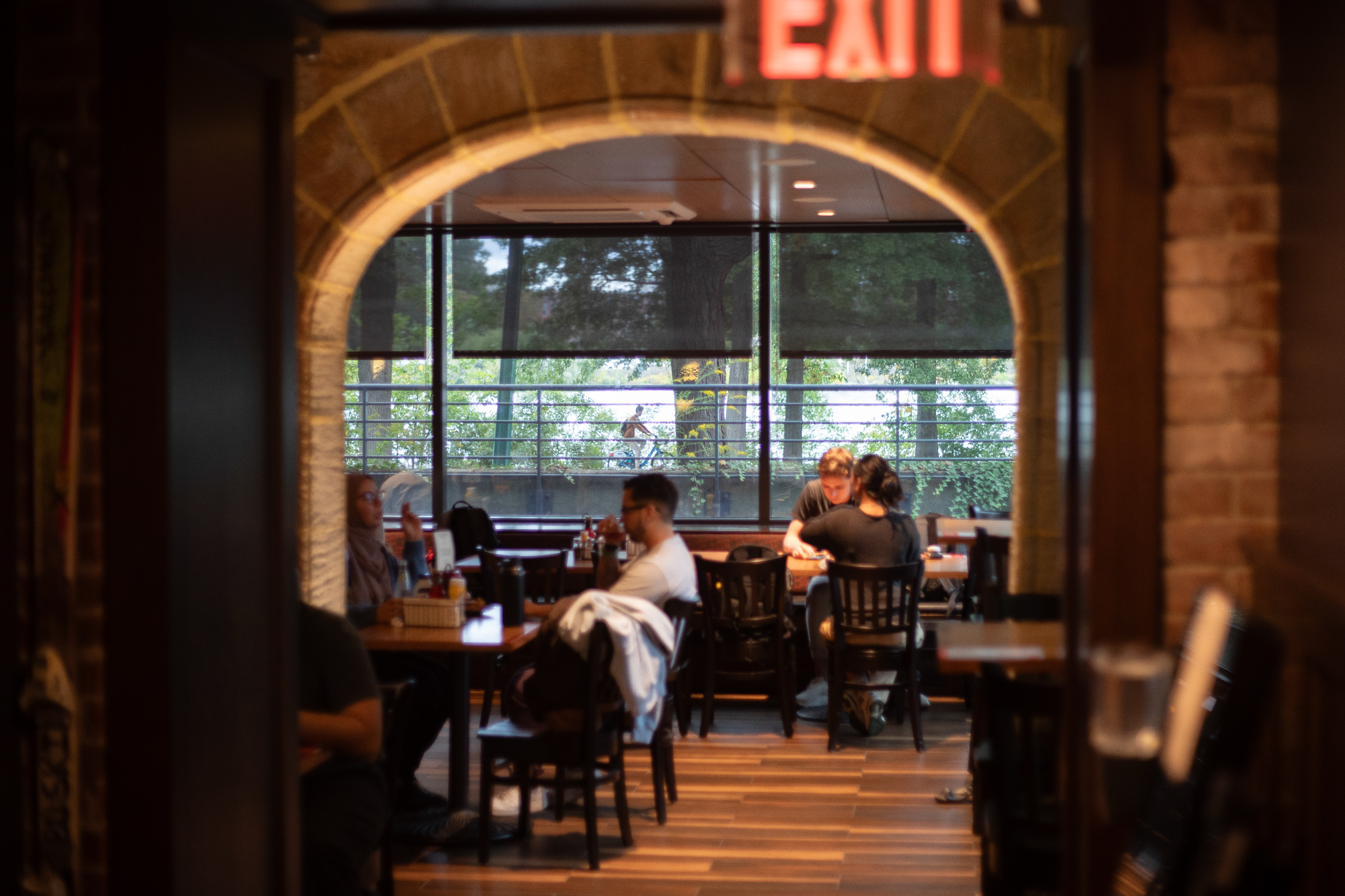Boston is exploring the possibility of implementing “social districts” with open container policies to boost the city’s nightlife scene. However, several local businesses have expressed mixed opinions on this initiative.
Social districts are designated areas where people can legally consume their alcoholic beverages purchased from local bars or restaurants outside.
The initiative to introduce social districts to Boston is tentative and has yet to be made an official proposal.
“[The Office of Nightlife Economy is] in the early stages of researching and exploring this concept and have not determined if we will advance this further,” according to a statement from Mayor Michelle Wu’s press office.

Meghan Murphy, assistant general manager at Time Out Market in Boston, said social districts could be “a great thing” for the public but is concerned about potential challenges.
“It could be a lot of fun, but I would be a little worried about just straight-up open containers or people taking advantage,” Murphy said.
Murphy also said social districts, specifically in Fenway where Time Out Boston is located, pose a “financial incentive” for local businesses to participate.
Establishing a social district in Fenway would allow customers to buy an alcoholic beverage from local restaurants or bars and drink it on the way to a Red Sox game at nearby Fenway Park, she said.
“That would be an additional sale for us, [the customer] having that drink on the way there,” Murphy said.
These districts have already been introduced in many city and downtown areas across the country in efforts to increase business revenue and community socialization. For instance, North Carolina had zero registered social districts three years ago, but in March, the state tallied 55, according to the Alcoholic Beverage Control Commission.
Murphy said the recent growth in social districts could likely be attributed to social “trends.”
“[People] like to hop on what’s new and exciting,” Murphy said. “If there’s a shift in what’s going on, an establishment is going to want to be on top of trends.”
Matt DeSimone, bar manager at Loco Taqueria and Oyster Bar in Fenway, said the success of social districts in Boston depends on businesses and the public.
“If done correctly, it’s a great idea,” DeSimone said. “If people are irresponsible with it, it could become a problem.”
Frank Poindexter, general manager of Wally’s Cafe Jazz Club, said he has concerns about rule enforcement with underaged users in the social districts. If someone underage is in the social district, for instance, they could get someone to buy them a drink.
Murphy also expressed concerns about district policing. She explained that during the pandemic, Time Out Market offered “cocktails to-go,” which allowed customers to leave the restaurant with alcoholic beverages.
“We can’t really follow them home and guarantee that they’re not drinking it on the streets,” Murphy said. “I don’t think there were any issues but a concern of the city.”
Mary Goetz contributed to this article.






















































































































